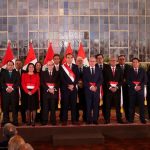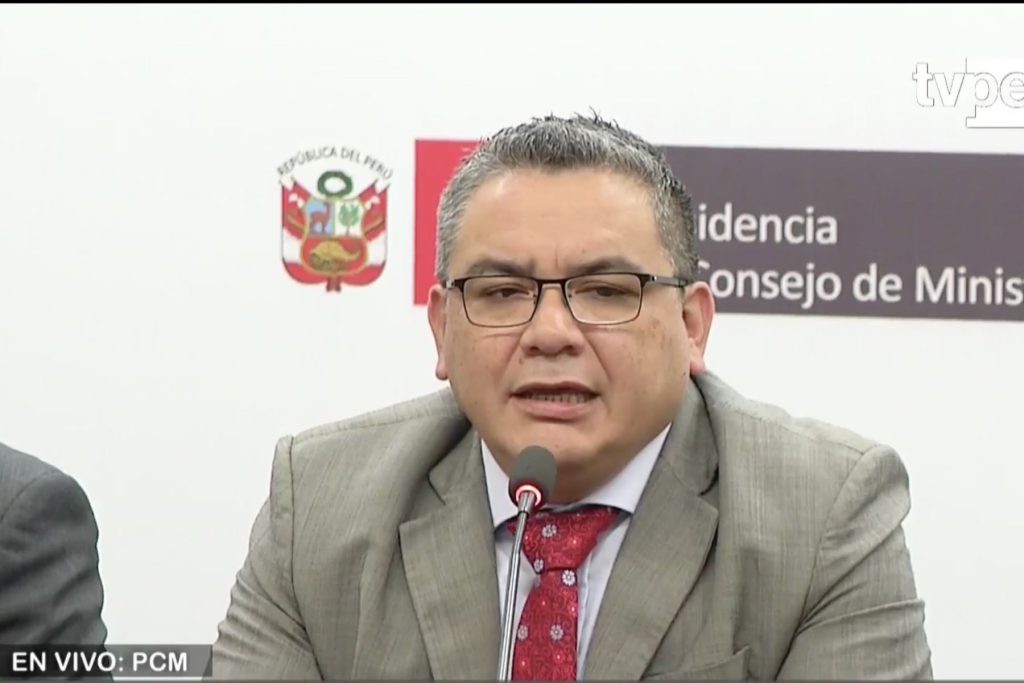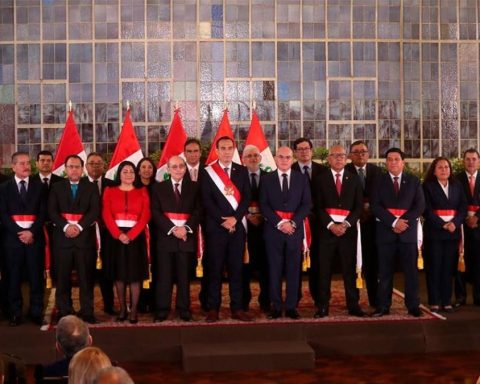ANEIH proposes modifying the structure and rules of the tax system, which should include reducing public spending, tackling evasion, no more taxes on the poor and be flexible
The next tax reform that the Dominican government intends to implement should not continue to affect those who always pay, nor the most vulnerable, with taxes on basic products and services.
It must also consider reducing public spending, be flexible in reversing the measure of removing tax incentives if certain economic sectors are harmed over time, and tackle informality and tax evasion.
These are the proposals of the Association of Industrial Companies of Herrera and Santo Domingo Province (ANEIH), which has reiterated the need for a comprehensive tax reform and to guarantee sustainable income for the State, and not just another patch.
The president of the union, Euri Andujar, Participating as a guest at the HOY Economic Meeting, he called on the Government to be careful about taxing basic basket products that harm the lower-income population, because – he warned – that could be “catastrophic.”
The business leader also stressed the need for tax reform to include reducing public spending on non-priority issues in order to allocate more resources to projects with a social impact.
He cited the example of spending less on advertising and representative expenses of public officials and more on infrastructure and hospital care.
Regarding tax exemptions, he said that if they are eliminated or reduced, a flexible mechanism must be found that can grant incentives again.
The business leader stressed that another important aspect is to tackle tax evasion, not only by large companies, but also by micro, small and medium-sized companies, as well as by professionals such as those in the health sector who demand payment for services in cash.
He added that this requires greater oversight by the General Directorate of Internal Revenue (DGII) and the application of a regime of consequences that serves as an example to those who intend to violate the tax law.
The president of ANEIH stressed that tax reform must address informality by creating mechanisms so that being formal “does not cost so much.”

















